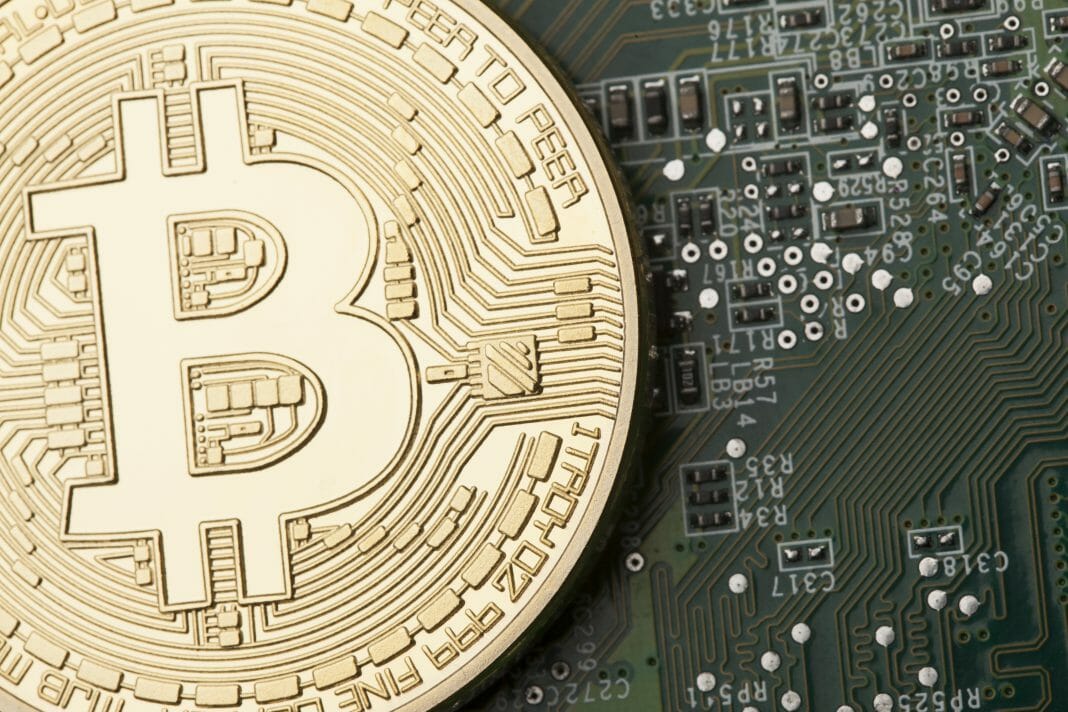This country has offered work visas for blockchain experts, uses Apps based on blockchain platforms and issues laws related to cryptocurrencies and other crypto assets.
Even when the world talks more and more about cryptocurrencies, blockchain and, in general, all this disruptive sector, the Malaysian Ministry of Finance recently assured that the rate of adoption of cryptocurrencies, both national and global, remains low.
The government entity of that country that has opened its doors to the world of cryptocurrencies and blockchain technology was based on its Economic Outlook 2020 report.
Despite commenting that the adoption of cryptocurrencies has been slow, the Ministry recognizes that firms which belong to key economic sectors have taken steps towards the adoption of digital currencies.
The Malaysian Ministry of Finance knows that some governments in the world have objections to cryptocurrencies. For this reason, it urged global authorities to formulate regulations to address the issue of digital assets and the possible problems they generate. In this way, it would be possible to follow up how this sector is managed.
The report took stock of the work of national financial regulators until now, including the amendment of the Negara Bank of Malaysia to regulations against money laundering and the fight against terrorist financing in February 2018 to include requirements for suppliers of digital asset services.
A Country of Adoption
In January 2019, the Malaysian Capital Markets and Services Order entered into force. This law refers to the prescription of securities, digital currencies and digital tokens.
The intention is to regulate both digital assets and exchange platforms in Malaysia, a country that has opened its doors to blockchain technology, cryptocurrencies and tokens.
The order determines that any digital asset offered as a form of investment or used as a fundraising method is classified as “securities” in that country. This, of course, includes cryptocurrencies.
Meanwhile, the Malaysian Securities Commission updated its Guidelines about Recognized Markets to implement what will be the requirements and standards necessary for the operation of digital asset exchanges (DAX).
Thanks to this, almost three DAX operators have been registered until May of this year.
Since last May, DAX operators had nine months to fully comply with the regulations that will allow them to be fully operational safely. Now, these operators are the only places that the Malaysian regulator considers as legal to offer digital asset trading.
The report of the Malaysian Ministry of Finance also mentioned the public consultation document regarding the Initial Coin Offering (ICOs) of the Securities Commission, as well as its intentions to introduce formal guidelines in the near future.
Malaysia is a country that has sought to improve some processes through blockchain technology. Recently, the Ministry of Education said they would use Distributed Ledger Technology (DLT) to prevent the falsification of university degrees.
This will be possible thanks to an application called E-Skrol, which will run through the NEM blockchain platform. The App will work by saving information of each graduate. Then, it will confirm in the data of the universities, his full name, his complete academic record, and the date of graduation. This will be possible when scanning, through the application, a QR code that will be printed on each certificate.
In addition, in June the country announced that it would give a work visa to foreigners who wanted to train more or work in Malaysia. The country continues to make efforts to achieve blockchain adoption and also it invites other countries to do so.
By María Rodríguez











